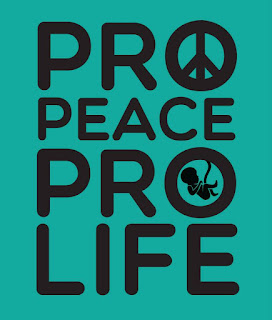Adoptees speak out
There’s a tendency in pro-life circles to romanticize adoption. The reasons for that are understandable. For many people, adoption is the best available alternative to abortion, but choosing adoption remains clouded by myths and outdated fears from the old days when girls went to “visit extended family” for nine months and adoption was considered a shameful affair. In the face of that kind of dark, stigmatizing misinformation, of course we want to emphasize the positives of adoption.
But that risks becoming shallow and flat. There are many types of adoption. There are open adoptions and closed adoptions. There are international adoptions and domestic adoptions. Adoption as an abortion alternative, with the birth mother making plans before the baby is born, looks very different than adoption from foster care, which is initiated by the state responding to possible abuse or neglect. And of course, no two adoptees are alike, because no two people are alike!
So with that in mind, I was pleased to see two media outlets magnifying the voices of a diverse range of adoptees recently.
First up is Buzzfeed, applying it’s “I’m X, but I’m not Y” formula to grown adoptees:
And at The Toast, Nicole Chung shares her insights about the difference between “open adoption” and “openness in adoption.” You should really read the whole thing, but here’s a taste:
I wouldn’t say that my family had a great deal of trouble discussing my adoption. We were always open about the fact that it had happened, that it formed our family, that it was nothing of which to be ashamed; my adoption was never a source of distress or drama for my parents. They were also glad to talk with me about their infertility once I was old enough to ask, and share how it had felt to be approaching ten years married with no children.
But we all struggled when it came to talking about my birth parents, their decision to give me up, and exactly what it meant — and how hard it often was — to be a family that was multiracial and multicultural through adoption. The judge who finalized my adoption told my parents, Just assimilate her into your family and you’ll be fine, and this was advice they took to heart. There was very little room for me to admit how much it bothered me that I had so little in common (not just in appearance) with my adoptive family. It was impossible to share feelings of inadequacy or rejection, or even explain the humiliation of hearing racial slurs at school. In a thousand tiny ways, both spoken and unspoken, most avenues for expressing any ambivalence about my adoption, or admitting to obsessive wondering about my birth family and my confusing identity, were closed.
So maybe I shouldn’t have been surprised to learn that my parents weren’t comfortable with what they perceived as my birth family’s attempt to pry my adoption open after years of silence. When I was five or six, my birth parents reached out to us through the attorney who had facilitated my placement. Spooked by the sudden contact, my adoptive parents sent a message back through the lawyer saying that I was fine; they were unwilling to share any photos or provide more detailed information. Being in regular communication, as my birth parents had requested, was definitely out of the question.
I wouldn’t learn of this lone overture toward a more open adoption for over a decade.


Leave a Reply
Want to join the discussion?Feel free to contribute!